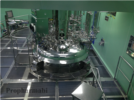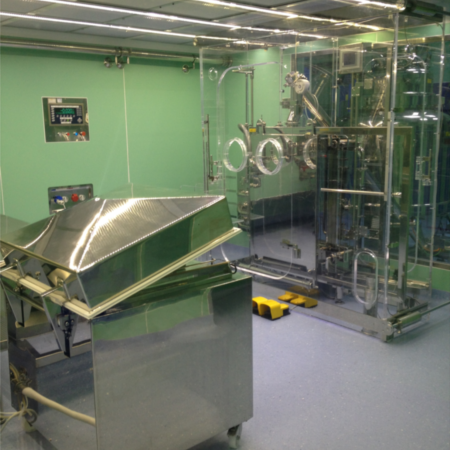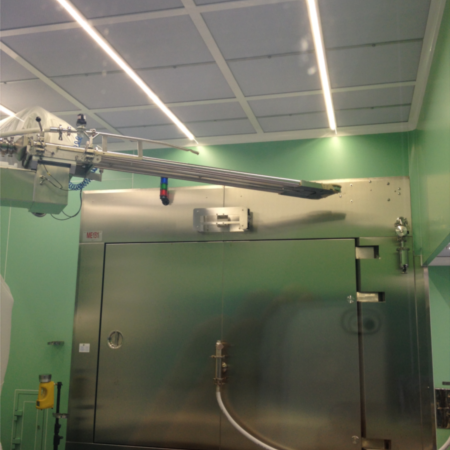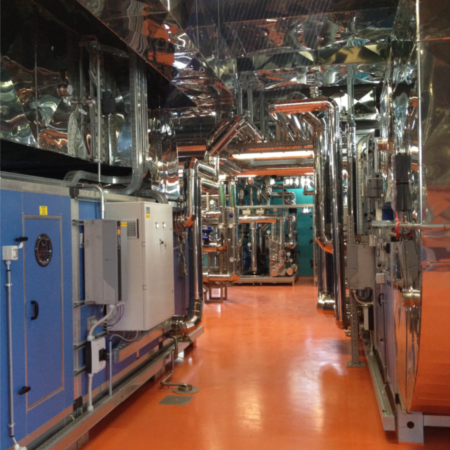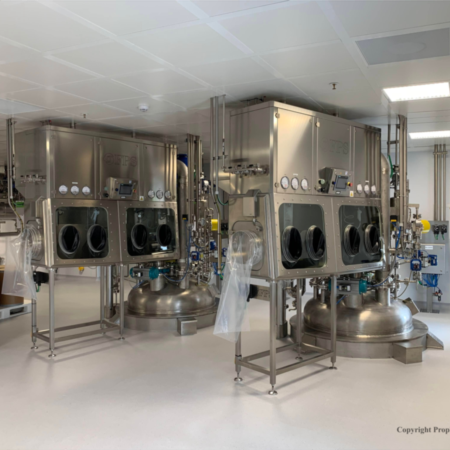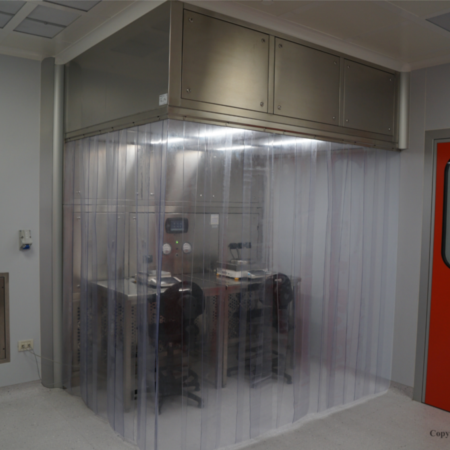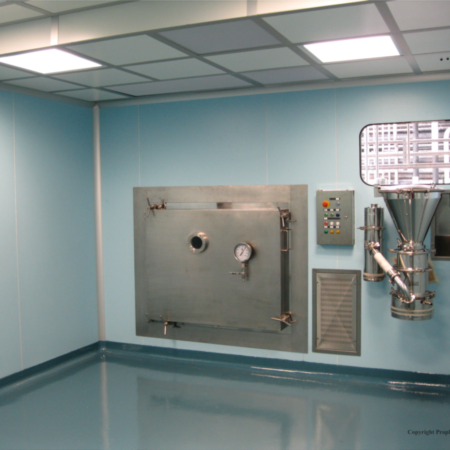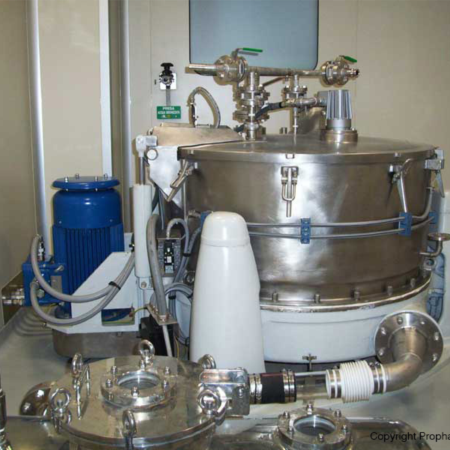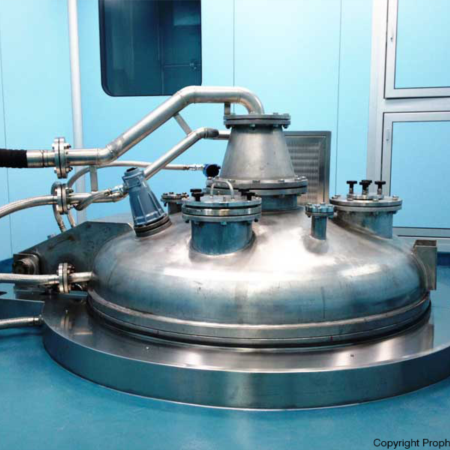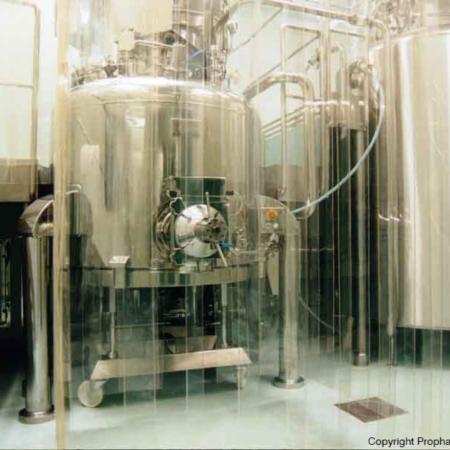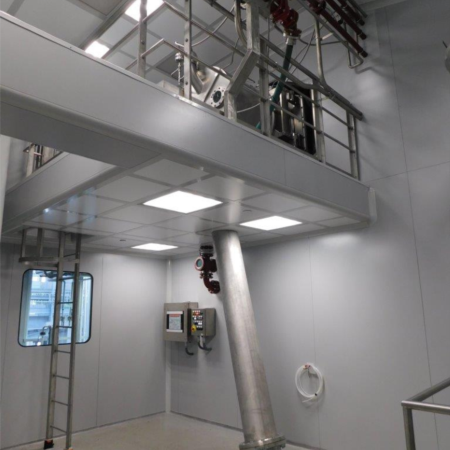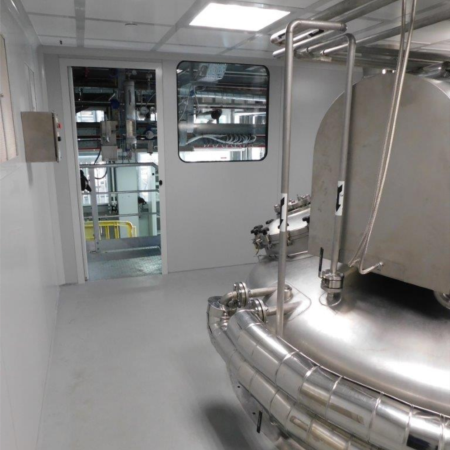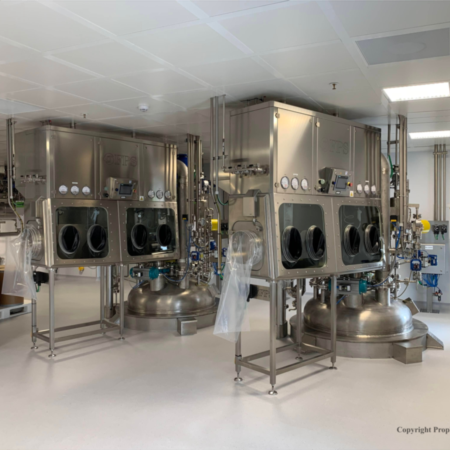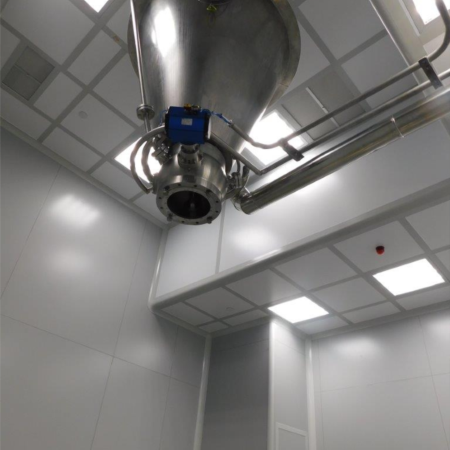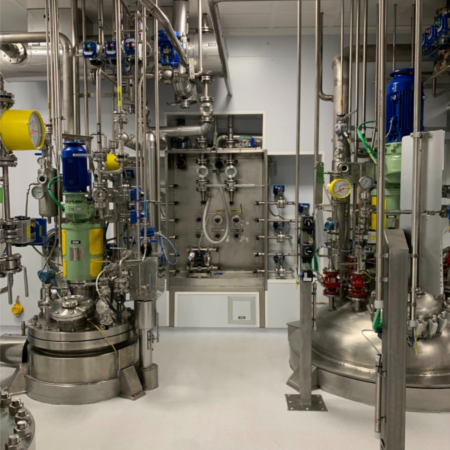The chemical industry is the foundation of many essential products for our society, both in terms of technological innovation and everyday life: pharmaceuticals, fertilizers, nanotechnologies, detergents, electronic components... all rely on chemical components.
The chemical industry is divided into three main categories based on the product: basic chemicals (which produce commodity chemicals), fine chemicals, and specialty chemicals.
Basic chemicals are used to produce fine chemicals, which in turn are combined to obtain specialty chemicals.
Fine chemicals are pure substances produced in limited quantities in multipurpose facilities through multi-step chemical or biotechnological processes (batch processes), and are more expensive than commodities. Fine chemicals include the active pharmaceutical ingredients (APIs) used in the pharmaceutical industry, as well as peptides, proteins, enzymes, steroids, alkaloids, biocides, and other substances that serve as the basis for patented products in sectors such as agrochemicals, electronics, and photography.
Fine chemicals is a particularly challenging industrial sector: strict regulations combined with the fast pace of technological innovation in production processes require constant updating.
The requirements for fine chemical products are closely linked to the standards of the end-use industry (for example, pharmaceuticals in the case of APIs). Quality control processes must ensure compliance with parameters such as molecular structure, composition, concentration, purity and stability, efficiency, yield, and productivity at every stage of processing.
The regulatory requirements are strict and apply to all phases of processing, from the permits needed to handle potentially hazardous substances to the regulations governing storage, treatment, transportation, disposal, and management of the impact on the environment and human health.
It is clear that this is a sector in which the design and construction of departments, laboratories, cleanrooms, and facilities requires specific and expert knowledge—such as that offered by Propharmabi.
